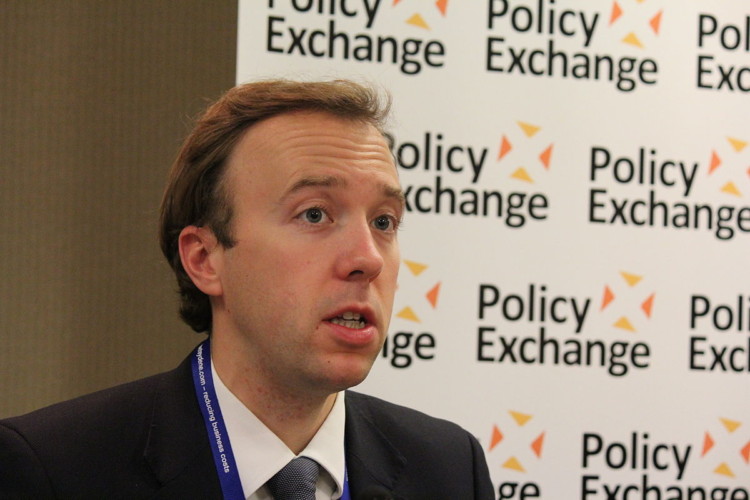By Ben Kerrigan-
Matt Hancock today told Mps sitting in the Parliamentary Committee questioning him over allegations from Dominic Cummings, that he had limited power in the social sectorto keep his promise to provide a protective ring around care homes.
When asked to elaborate on his promise to put a protective ring around care homes, Hancock evaded the question, saying that as health secretary, his powers over the social sector are extremely limited. He said councils are in charge, admitted not having full data “Each and every death in a care home weighs heavily on me, and always will,” he said.
The health secretary said test and tracing capacity available was for small outbreaks, and they they needed someone with retail experience. Discrediting the available expertise on the job at the time, Hancock said there was no one better than Dido Harding. He added: “building a plane in flight is harder than flying a plane that has been built for a while”.
Hancock also criticised the assessment of Sage the conclusion that test and trace only has marginal impact on assessment, as ”a backward-looking assessment”.
Responding to allegations of recklessness and incompetence presented by Dominic Cummings i8n relation to discharges of Covid-19 patients to care homes without testing in the early weeks of the pandemic, he addressed numerous allegations made by Dominic Cummings, saying it was “telling” the former aide had not provided evidence.
. In a thinly veiled attack on Dominic Cummings, the health secretary said it was telling that Cummings had not provided any evidence, and expressed knowledge that the aggrieved former adviser had sought to get the prime minister to sack him. Presenting Cummings as an obstruction to the proper functioni9ng of government, he said the the government had operated much better in the last six months- since the former senior adviser departed from Downing Street.
Hancock was also asked to justify the government’s decision to stop community testing in the early weeks of the pandemic. He denied there were national shortages of PPE and said testing capacity was always being increased.
Opening the session, Hancock denied ever misleading the prime minister and repeated his insistence that all patients got the Covid treatment they needed, despite Cummings’ claim that the chief scientific adviser had told Hancock that was not true.
Hancock said getting hold of PPE was a huge challenge but said there was “never a national shortage of PPE” and said the government had worked to remove bureaucracy that put a limit on the price of PPE, so the government could pay “at the top of the market” for protective equipment.
He also denied claims he had assured the prime minister that all patients would be tested before they returned to care homes. “My job was to build that testing capacity and with the team we absolutely did,” he said.
He admitted community testing ended early in the pandemic because there was not sufficient testing capacity and there were concerns over false negatives. Testing was at no point scaled down, on the contrary, we were driving up testing capacity all the way through,” he said.
However, he said he was not advised in the run-up to the first lockdown whether expanding community testing was an option and said Britain’s capacity was very low.
“So one of the reasons we had to reduce the use of community testing is because we didn’t have a big enough capacity and we had to target the testing at where it’s clinically most needed,” Hancock said.
“The second point, which is really important here, is that the clinical advice I received is that testing people asymptomatically would lead to false negatives.”
Hancock said that while the prime minister was “absolutely, four-square behind me” on the idea of setting a target of 100,000 tests a day, he did not realise at the time that Cummings was “not as supportive as I might have hoped”, only learning this in Cummings’ testimony.
He said: “I was a bit surprised by the testimony that he didn’t think we should have a target.”
Questioned by Labour MP Rebecca Long-Bailey, Hancock said he would happily pass the committees copies of clinical advice on testing from health officials to him in the key period of January to April last year, and his responses.
He also further clarified what his promise was on testing people who were leaving hospitals for care homes. He denied ever suggesting such testing would happen immediately, as Cummings had claimed, the only pledge was “that we would introduce this testing when we had the capacity to do that”.
The Health Secretary said a news report from Spain is “burnt across my soul”. It was about a care home where all the residents died because it was abandoned by staff.
All countries were struggling with this problem, he said.
When asked what he meant by stating he would put a protective ring around care homes, he said: “Each and every death in a care home weighs heavily on me, and always will.”
He says he put in funding, provided PPE and arranged for testing for staff.




